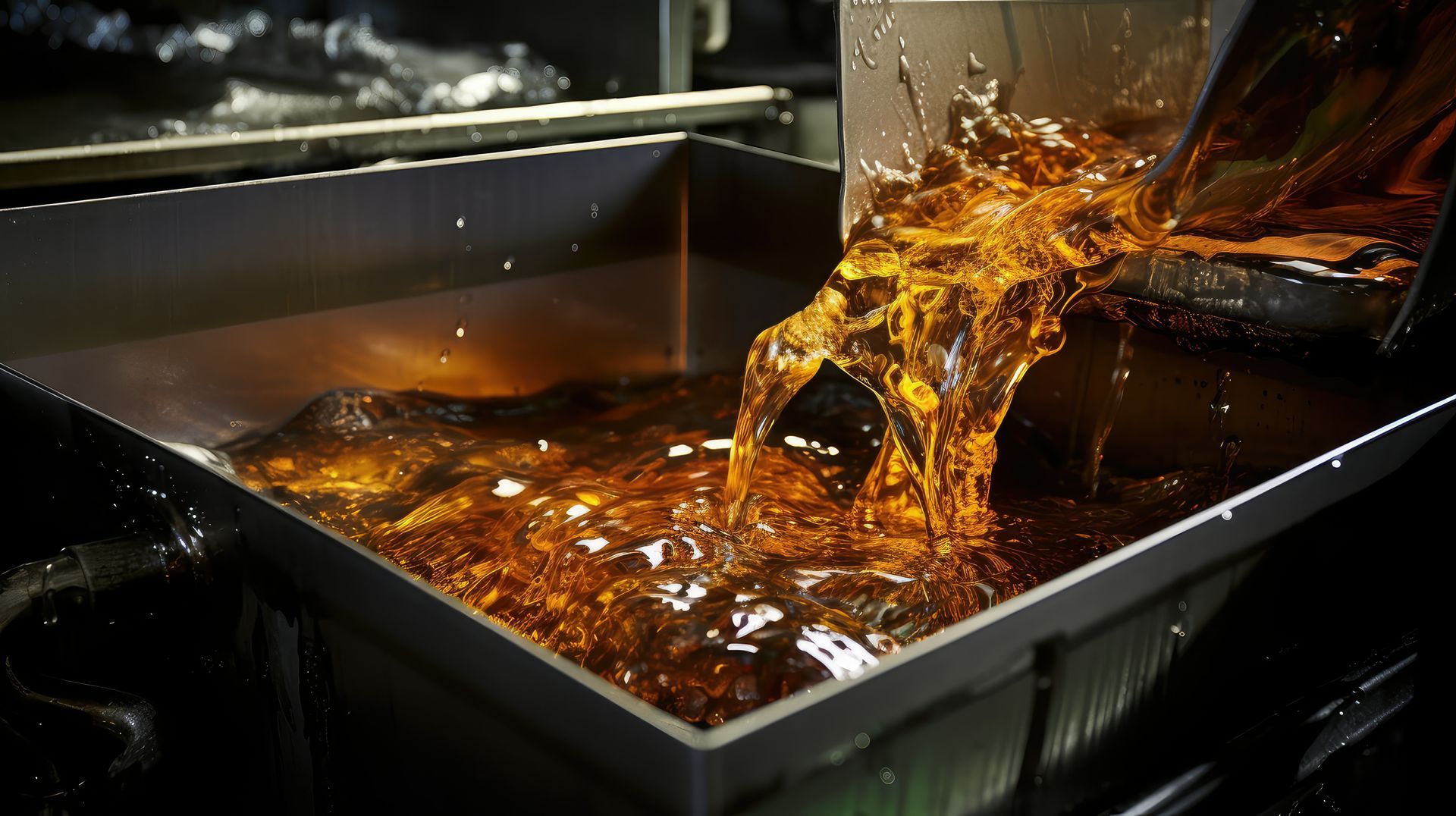Call Today for a FREE Quote
(404) 419-6887
How Proper Water Treatment Contributes to Sustainable Cities and Infrastructure

Water treatment is a cornerstone of sustainable urban development critical for safeguarding resources, public health and infrastructure. Properly managed water systems ensure Atlanta residents have reliable access to clean water while preserving local resources and minimizing environmental impact.
Preventing Pollution Through Proper Wastewater Management
Effective wastewater management plays a critical role in preventing pollution and maintaining the health of local ecosystems. Untreated or poorly treated wastewater can release harmful pollutants like nitrogen, phosphorus and pathogens into rivers and streams, causing problems such as algal blooms and harm to aquatic life. Municipal facilities equipped to handle these challenges ensure that discharged water meets strict environmental standards, protecting both wildlife and human communities.
Water Recycling and Its Role in Urban Sustainability
Recycling treated water is an increasingly important strategy for urban sustainability. By repurposing wastewater for non-potable uses, such as irrigation, industrial cooling or replenishing groundwater supplies, municipalities can reduce demand on freshwater resources and extend their availability. Cities that adopt innovative recycling programs not only save water but also lower their environmental impact by reducing the energy and resources needed for freshwater extraction and treatment.
Municipal Water Treatment and Its Impact
Municipal water treatment facilities are essential to maintaining environmental health and supporting sustainability goals. These facilities ensure that water is safely treated, removing harmful contaminants before it is released back into natural waterways or reused. By protecting water quality, water treatment facilities help preserve ecosystems, support biodiversity and safeguard public health.
Water treatment also plays a significant role in conserving resources by enabling the reuse of treated water for agricultural, industrial, and municipal purposes. In regions like the Atlanta metro area, where water demand continues to grow, the efficient operation of municipal water treatment facilities is critical to balancing consumption with environmental stewardship.
One persistent challenge for municipal systems is the buildup of fats, oils and grease (FOG) in sewer lines. Improper disposal of FOG can cause clogs, backups and force local governments to invest in costly repairs while putting additional strain on treatment operations. Addressing these issues upstream through proper grease trap maintenance helps mitigate these risks and supports the effectiveness of municipal systems.
Sustainability Challenges for Growing Cities
As urban populations grow, cities face increasing challenges in managing water resources and wastewater. Rising demand for water, aging infrastructure and the greater volume of wastewater produced all place additional stress on municipal systems. Proper water treatment infrastructure combined with innovative approaches helps cities address these challenges while promoting long-term sustainability.
Community Benefits of Sustainable Water Systems
Robust water treatment systems offer broad benefits to cities like Atlanta. By ensuring access to clean water, they improve public health and support economic growth. Sustainable water systems also enhance resilience against weather-related challenges, such as droughts or flooding, by maintaining reliable water supplies and protecting natural ecosystems. These systems are an investment in the long-term viability and well-being of urban and rural areas alike.
The Role of Businesses in Supporting Sustainable Water Management
While municipal systems handle the bulk of water treatment responsibilities, businesses also have a role to play in maintaining water quality and supporting sustainability efforts. Regularly maintaining grease traps and responsibly disposing of waste materials, such as fryer oil, can help prevent harmful substances like FOG from entering municipal systems and ensure compliance with environmental regulations.
Working with a grease trap cleaning company that operates its own water treatment facilities can further enhance these efforts. Companies like Southern Green Industries treat the water they vacuum from grease traps to ensure it meets environmental standards before reentering municipal systems. This additional step contributes to safer and more responsible water management in Georgia, reflecting a commitment to sustainability and environmental protection.
Ensure Your Business Is Part of the Sustainability Solution for Atlanta
Municipal water treatment is a cornerstone of sustainability efforts, protecting water resources, supporting ecosystems and ensuring public health. Businesses can play a part by choosing a grease trap cleaning provider that prioritizes responsible practices, such as treating wastewater to meet high environmental standards.
Your business can be part of a sustainable future for Georgia by partnering with Southern Green Industries. Call us at (404) 419-6887 for a free quote.
Recent Blog Posts
Contact us Today for a FREE Quote
We are committed to making grease trap cleaning and fryer oil recycling as clean and easy as possible. If you’d like to learn more about our services or get a quote, give us a call at (404) 419-6887.
Southern Green Industries is an Atlanta owned and operated grease trap cleaning and fryer oil recycling company operating in Atlanta and throughout the entire state of Georgia.
All Rights Reserved | Southern Green Industries | Built by REV77



